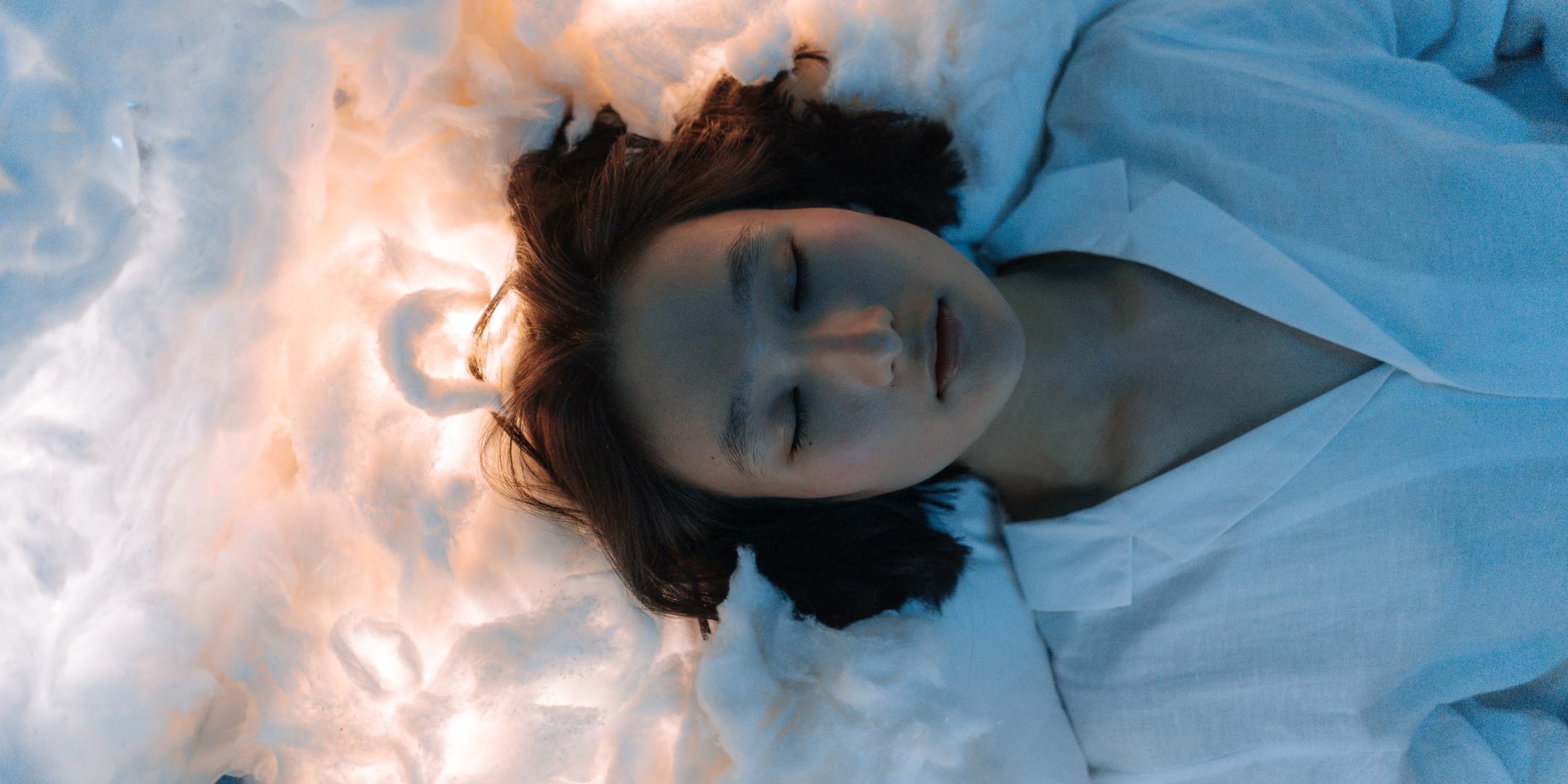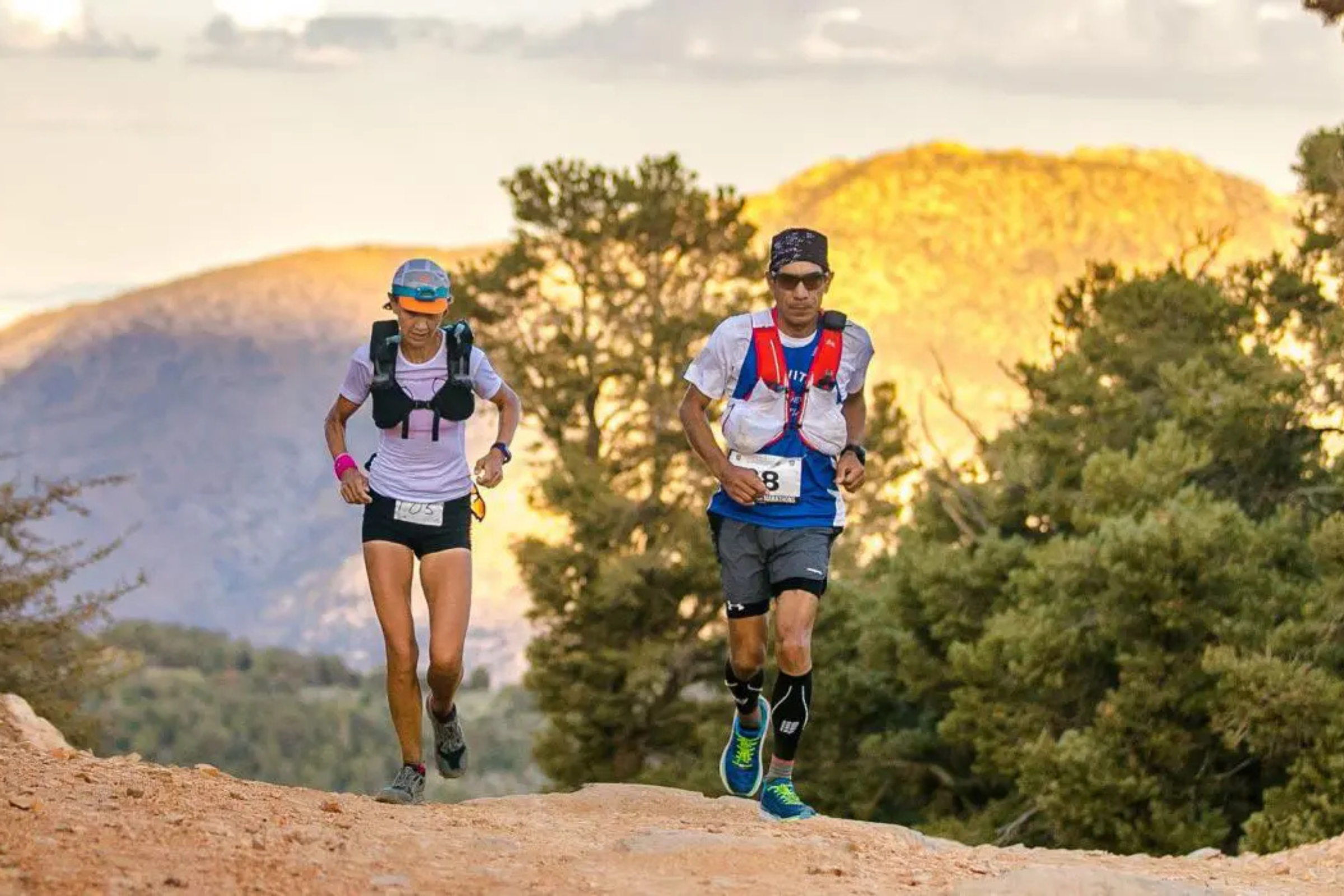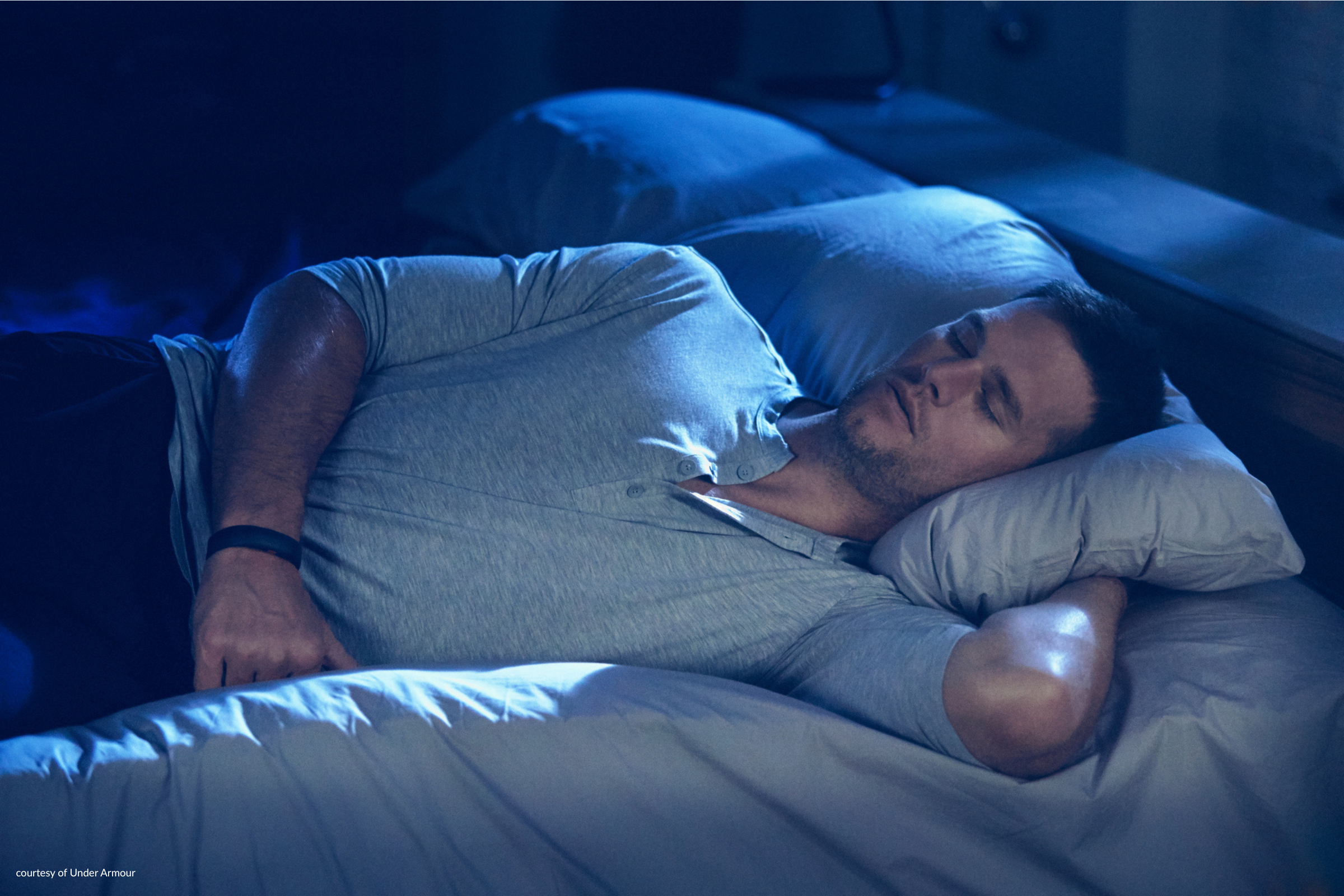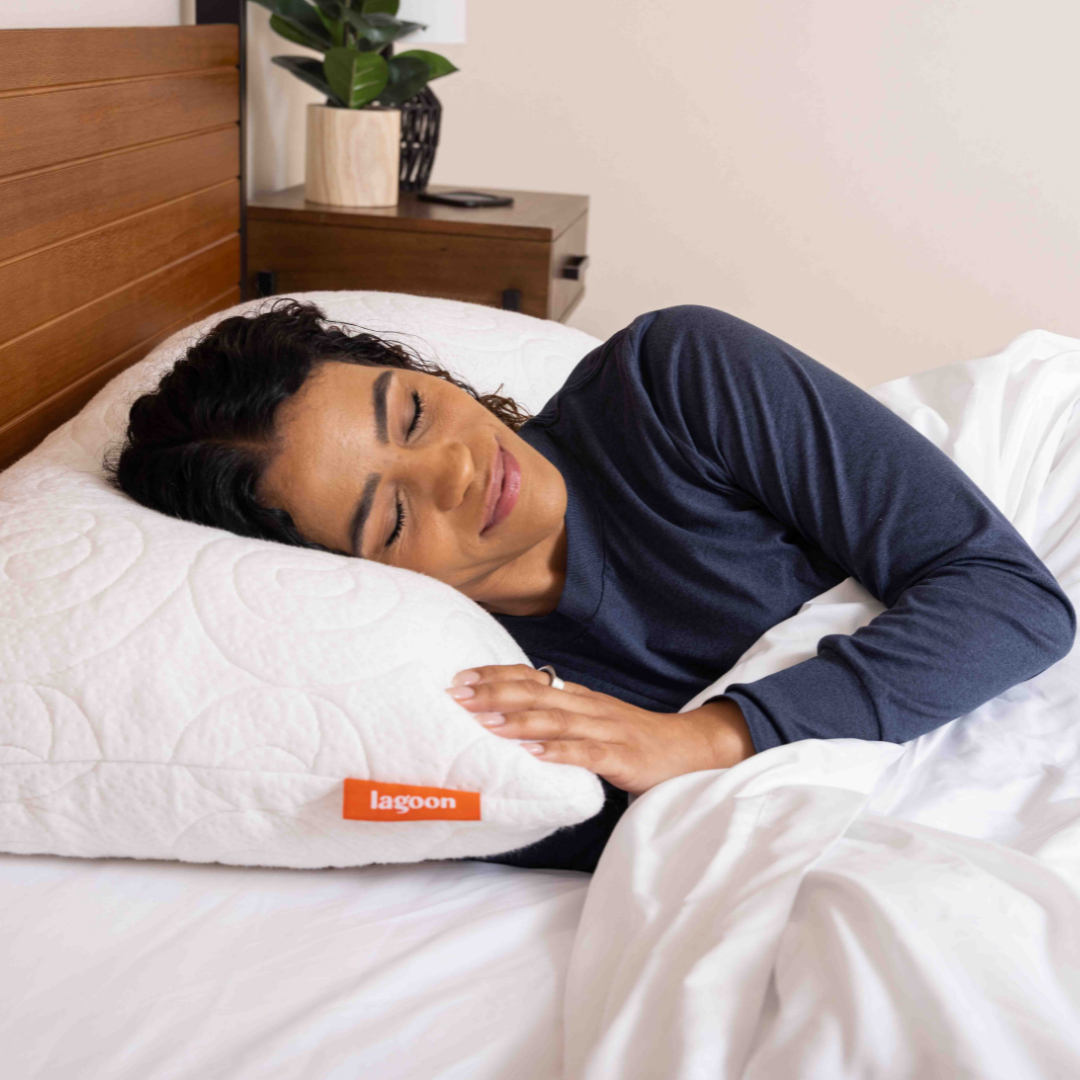Hey packlings 👋
Do your dreams alter your memories? What are the five top sleep tips for improving endurance performance? We’ve got the answers in this week’s edition of sleep & fitness news, so let’s get into it…
🧠 New Research Shows that Dreams May Alter Our Memories
A study by the University of York has some intriguing findings about how our nocturnal brain activity intertwines with our memory recall. Researchers engaged 488 people, asking them to remember a list of words, with some participants sleeping during a 12-hour interval and others staying awake. Interestingly, those who slept could recall more words, but they also fabricated additional words not on the list. This phenomenon led to the categorization of "lure words" (the actual words on the list) and "intrusion" words (the fabricated ones). This highlights an interesting practice called confabulation - where the brain fills gaps in memory with fabricated details. The study concluded that although the participants who slept made more related errors, their overall memory accuracy was still better. Charlynn Ruan, a clinical psychologist, suggests that memories studied at night might blend with a full day's worth of unprocessed memories, leading to more complex processing during sleep. So if you’ve ever felt difficulty perfectly recalling a recent memory or distinguishing between dream and reality - know that this is normal… and that it appears getting more quality sleep will aid in keeping your mental filing cabinet tidy.
🏃♀️ Transform Your Endurance Training with these Five Sleep Tips
Sleep isn't just about resting your body; it's when muscle and bone tissue repair and rebuild and it's also crucial for your cognitive function, affecting everything from memory to learning. That’s why there’s such a strong correlation between quality sleep and athletic endurance performance.
If you’re looking to improve your endurance, here are five quick tips that were highlighted in Run247 to optimize your sleep:
- Plan your training schedule wisely: High-intensity evening workouts can mess with your sleep. Try to schedule them in the morning instead.
- Watch your meal timings: Late dinners can delay sleep. Have your main meal at lunch and a lighter one post-training.
- Choose sleep-friendly foods: Turkey, fish, soybeans, leafy vegetables, nuts, and avocados are great for sleep, thanks to tryptophan and magnesium.
- Cut back on afternoon caffeine: Keep your coffee fix to the morning to avoid sleep disturbances.
- Create a pre-sleep routine and an optimal sleep environment: Limit screen time before bed, cool down your room, and consider using earplugs or an eye mask for uninterrupted rest.
Are you going for a PR in 2024? What tips would you add to the list to help achieve optimal sleep so that you can perform at your best?
🪫 How Sleep Deprivation May Be Undermining the US Military
Studies reveal that only a third of military members get the recommended seven hours of sleep, leading to a multitude of problems. While the physical effects of sleep deprivation are widely acknowledged, its impact on mental health, stress management, and cognitive function are less recognized but nevertheless incredibly impactful for our active military and veterans. Studies have shown that well-rested service members perform better, with lower body fat, and higher exercise rates compared to their sleep-deprived counterparts. And another study of combat veterans found that 72% experienced poor sleep quality, significantly increasing their risk for PTSD, depression, and suicidal thoughts.
The author in this op-ed from MilitiaryTimes.com is advocating that to combat this, military leaders need to prioritize sleep, incorporating training about its importance, investing in biometric tracking, and fostering a culture that values rest. He points out that despite the military's focus on toughness and perseverance, the neglect of sleep is counterproductive, as no amount of resilience training can compensate for chronic sleep deprivation.
📺 Survey Shows 91% of Americans Choose Binge-Watching Over Sleep
Are you among the many who've traded precious Zzz's for just one more episode? If so, you're not alone. A recent American Academy of Sleep Medicine (AASM) survey found a whopping 91% of Americans are sacrificing sleep for late-night TV binging. This survey, which polled 2,005 participants, revealed 38% of people often lose sleep to their screens, while 37% occasionally delay bedtime for a binge-watch session. Males (43%) are more likely to stay up late than females (33%), and Gen Z leads the pack, with 51% admitting to missing their bedtime the most. Dr. Camilo Andrés Ruiz, a sleep medicine expert, believes that because of our hectic lifestyles and late work hours, many people seek TV-time as a form of relaxation and taking back our time. Meanwhile, Katherine Danley, who is a licensed therapist, points out that the dopamine release from TV watching can create an almost addictive urge to keep going. So, as binge-watching battles with bedtime - will you choose to tune in or tuck in?
🍸 Is it Possible to Drink Without Sacrificing Sleep?
Alcohol's negative impact on sleep is well-documented, with experts highlighting that while a drink might speed up falling asleep, it disrupts the quality of rest. Alcohol in particular reduces REM sleep, which is essential for memory formation, as well as deep sleep, causing people to wake up feeling unrefreshed. It can also exacerbate sleep apnea and negatively affect heart rate variability.
However, the draw for that delicious cocktail or IPA is real - so rather than avoiding them entirely, let’s look at how timing and moderation can be helpful tools to protect your sleep quality. The general advice is to stop drinking at least three to four hours before bedtime, to allow more time for the alcohol to metabolize before bedtime. Coupling this with staying hydrated, eating a balanced meal before drinking, and possibly taking supplements like magnesium and B vitamins, can help mitigate some of the sleep disturbances typically caused by alcohol. So while abstaining from alcohol is the best option for good sleep, it’s certainly possible to drink responsibly without severely disrupting your sleep.
That's it for this week's sleep news highlights. Stay tuned for more exciting updates on optimizing your sleep and health, and remember to follow @lagoonsleep on Instagram for your daily dose.







